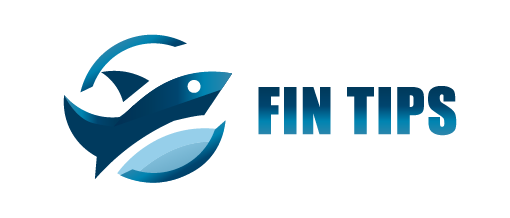Introduction: Freelancing can be a liberating and rewarding career choice, but it also comes with its own set of financial challenges. Unlike traditional employees, freelancers don’t have the luxury of a steady paycheck, employer-sponsored retirement plans, or tax withholding. This is why it’s crucial for freelancers to take control of their finances and plan for their future. In this blog, we’ll explore some tips and strategies for mastering your money as a freelancer, so you can focus on doing what you love without financial stress.
Understanding Your Income
As a freelancer, your income can be unpredictable and inconsistent. This makes it all the more important to have a clear understanding of how much money you’re bringing in each month. Start by tracking your income from all sources, including client payments, royalties, and any other side gigs. It’s also important to account for the ebb and flow of your work, as some months may be busier than others. By having a solid grasp on your income, you can make informed decisions about your spending, saving, and investing.
Another key aspect of understanding your income is knowing your worth. Freelancers often undervalue their services, leading to lower earnings. Research industry standards for your services, and don’t be afraid to negotiate with clients for fair pay. Remember, your skills and expertise are valuable, and you deserve to be compensated accordingly.
Setting Financial Goals
Setting financial goals is crucial for freelancers, as it gives you something to work towards and helps you stay motivated. Start by identifying your short-term and long-term goals, whether it’s saving for a vacation, buying a home, or building an emergency fund. Be specific about the amount you want to save and the timeframe you want to achieve it in.
Once you have your goals in place, create a plan to reach them. This may involve cutting back on expenses, increasing your rates, or finding new clients. Regularly review and adjust your goals as needed, and celebrate your achievements along the way. Remember, financial planning is a journey, and every step you take towards your goals is a step in the right direction.
Managing Cash Flow
Cash flow is the lifeblood of any business, and freelancers are no exception. To manage your cash flow effectively, start by creating a budget that outlines your monthly income and expenses. This will help you identify areas where you can cut back and ensure that you’re living within your means.
It’s also important to have a system in place for invoicing clients and following up on unpaid invoices. Late payments can disrupt your cash flow and cause financial stress, so be proactive in managing your accounts receivable. Consider using accounting software or hiring a bookkeeper to help you stay on top of your finances.
Saving for Retirement
As a freelancer, you don’t have access to an employer-sponsored retirement plan, so it’s up to you to save for your future. Start by opening a retirement account, such as an IRA or Solo 401(k), and contribute regularly. Even small contributions can add up over time, thanks to the power of compounding interest.
It’s also important to diversify your investments and consider working with a financial advisor to create a retirement plan that aligns with your goals and risk tolerance. Remember, retirement may seem far off, but the sooner you start saving, the better off you’ll be in the long run.
Tax Planning Strategies
Taxes can be a major headache for freelancers, but with proper planning, you can minimize your tax liability and avoid any surprises come tax time. Start by setting aside a portion of your income for taxes each month, so you’re not caught off guard when it’s time to pay the IRS.
It’s also important to take advantage of tax deductions and credits available to freelancers, such as the home office deduction and the self-employed health insurance deduction. Keep track of all your business expenses and consult with a tax professional to ensure you’re maximizing your deductions.
Protecting Your Business
As a freelancer, you are your business, so it’s important to protect yourself and your assets. Start by obtaining the necessary insurance, such as liability and disability insurance, to safeguard against potential risks. It’s also important to have a solid contract in place with clients, outlining the scope of work, payment terms, and other important details.
Another way to protect your business is by setting up a separate business bank account and keeping your personal and business finances separate. This will make it easier to track your income and expenses and could protect your personal assets in the event of a legal dispute.
OUTRO: Freelancers have the unique opportunity to be their own boss, but with that freedom comes the responsibility of managing their finances. By understanding your income, setting financial goals, managing cash flow, saving for retirement, planning for taxes, and protecting your business, you can master your money and build a successful freelance career. Remember, financial planning is an ongoing process, so stay proactive and seek out the resources and support you need to thrive.

